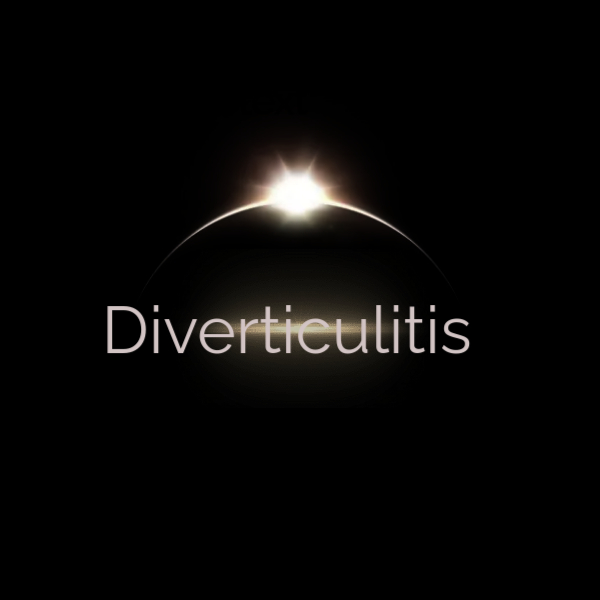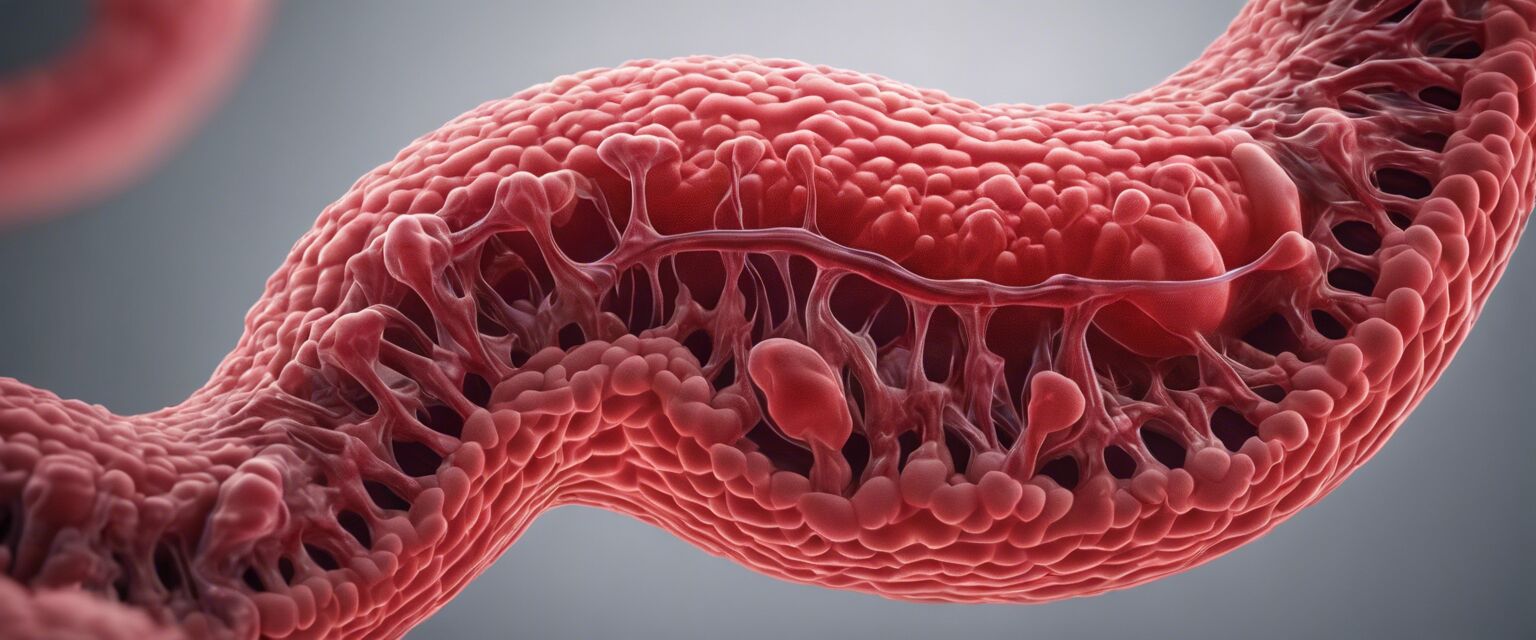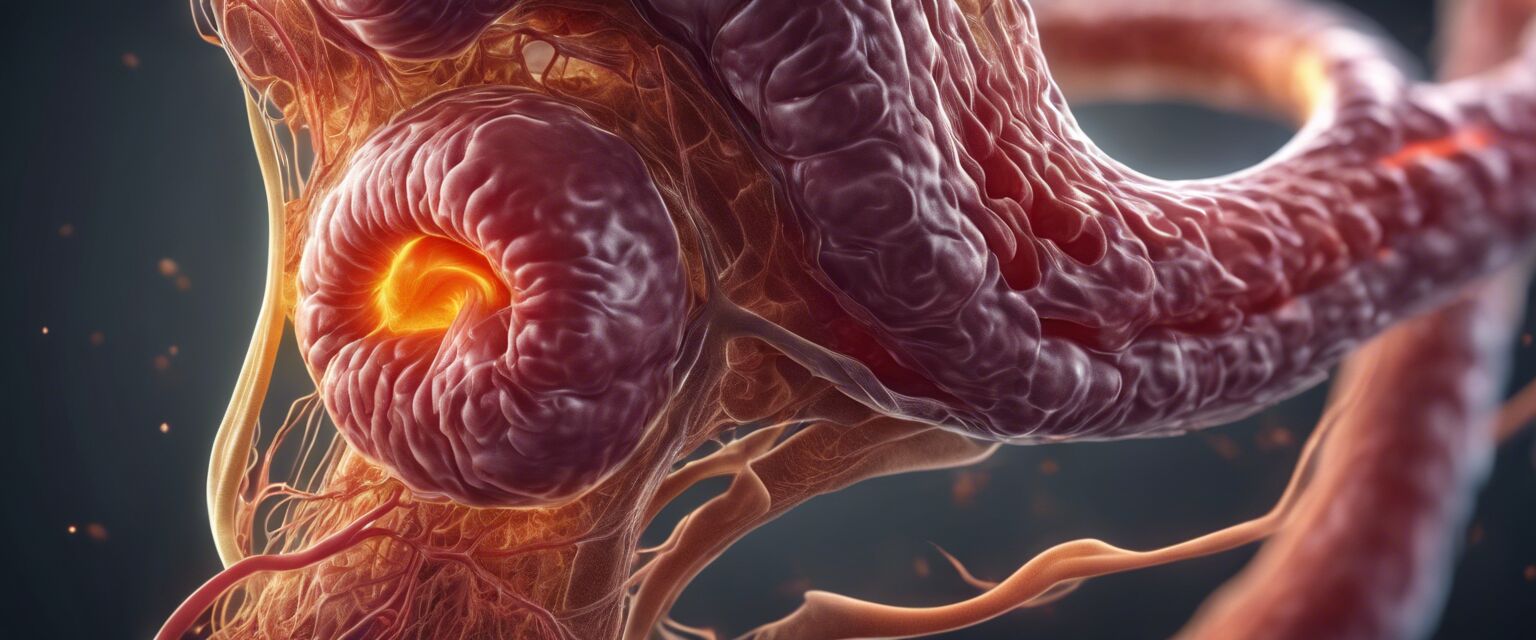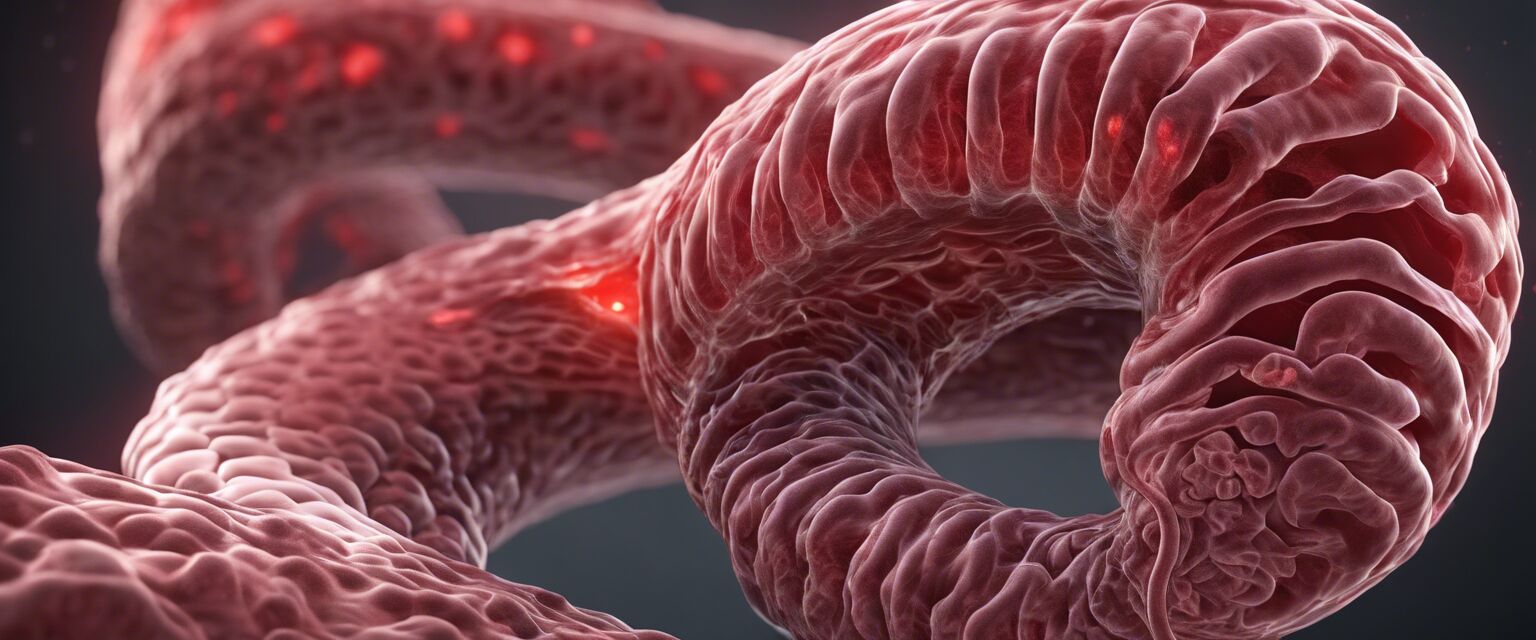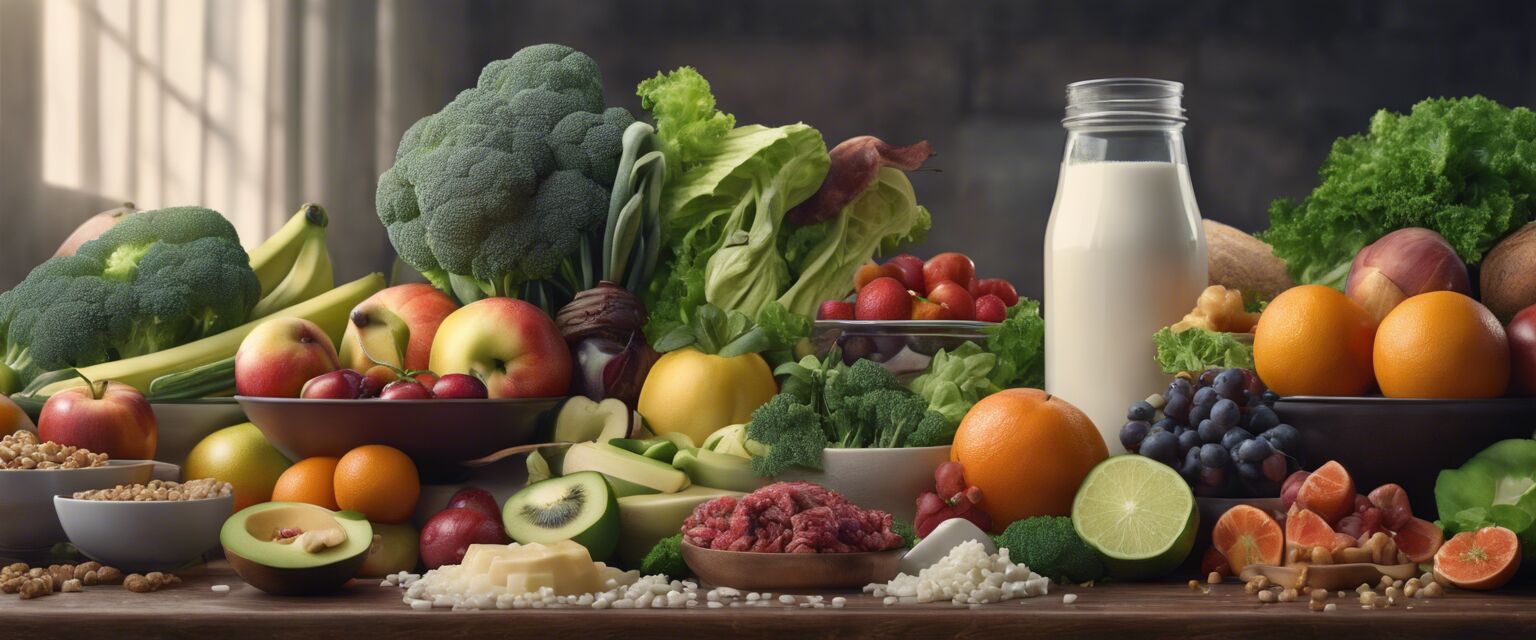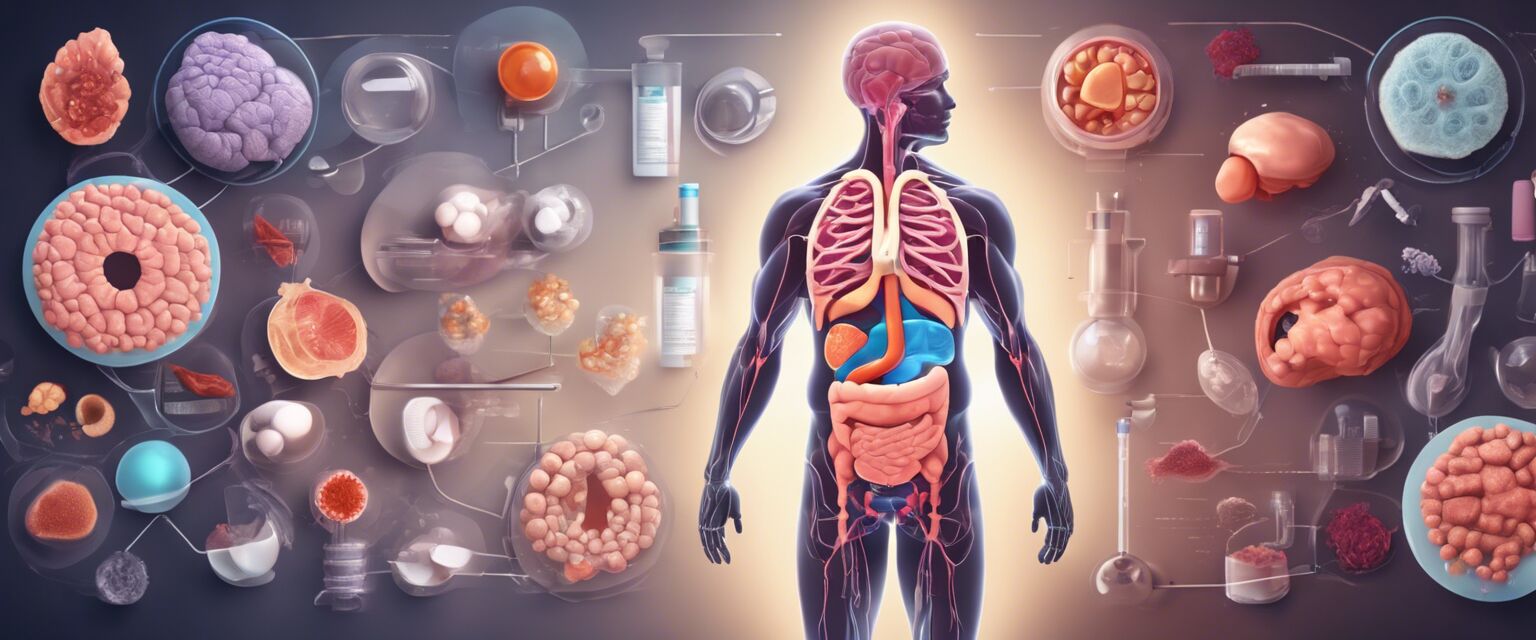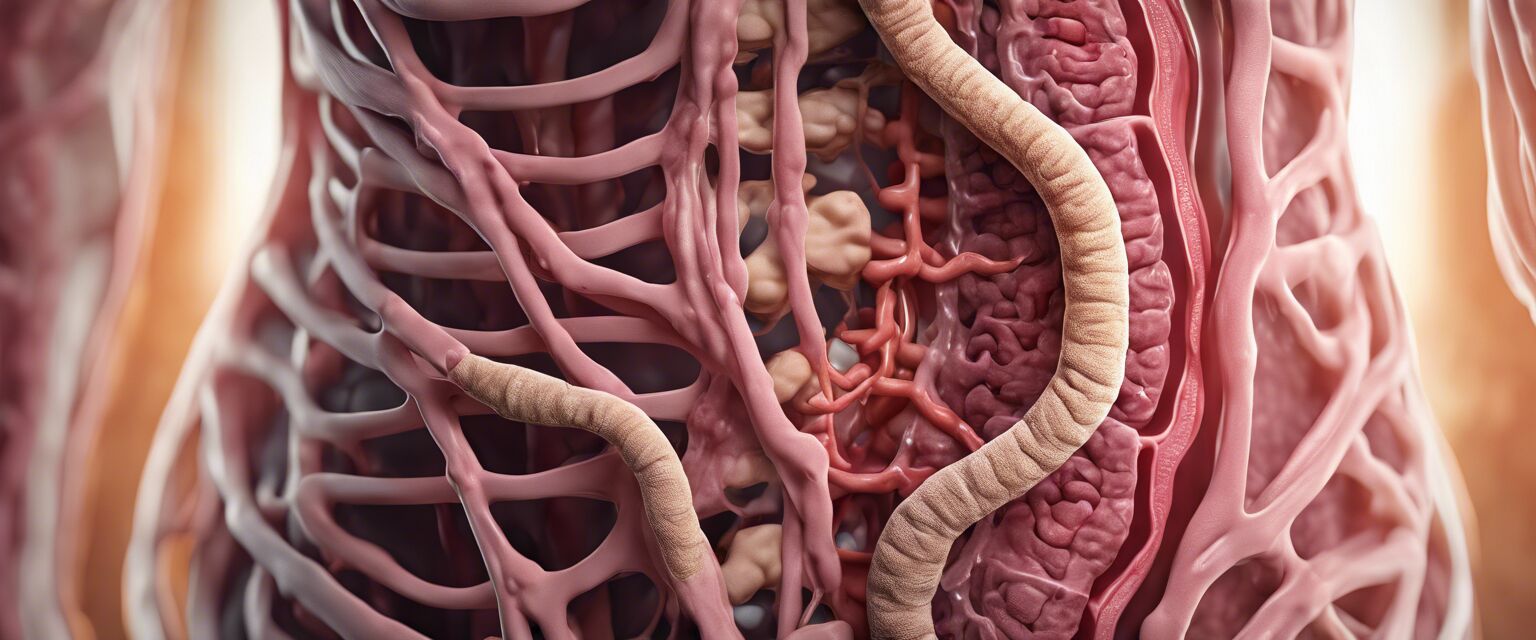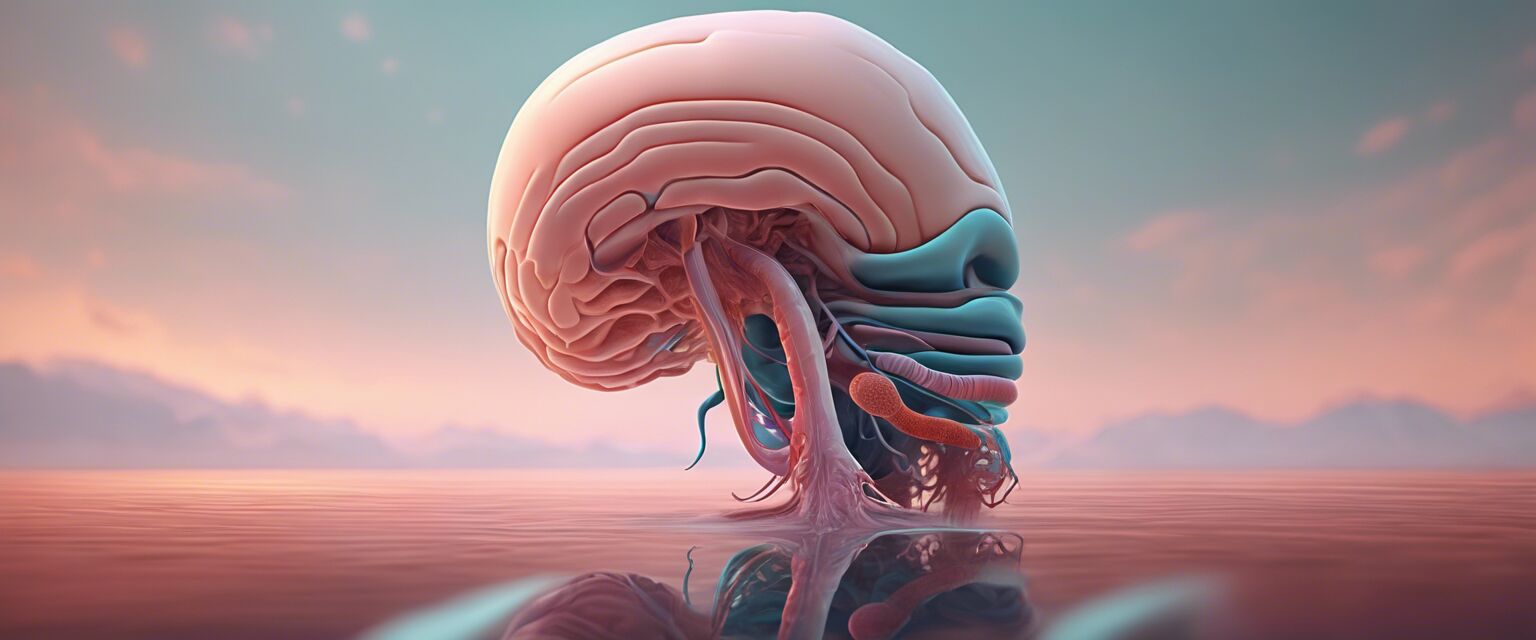
Living with Diverticulitis
Diverticulitis is a common condition that affects the digestive system, causing discomfort, pain, and anxiety. If you're living with diverticulitis, you're not alone. This article will provide you with advice and tips to help you manage your symptoms and improve your quality of life.
Key Takeaways
- Diverticulitis is a manageable condition with the right diet and lifestyle changes.
- Staying hydrated and eating fiber-rich foods can help alleviate symptoms.
- Managing stress and getting enough sleep are crucial for overall health.
- There are various treatment options available, including medication and surgery.
Understanding Diverticulitis
Diverticulitis occurs when small pouches in the wall of the colon become inflamed, leading to symptoms such as abdominal pain, nausea, and changes in bowel habits. The exact cause of diverticulitis is unknown, but it's believed to be linked to a low-fiber diet, obesity, and lack of exercise.
| Symptom | Description |
|---|---|
| Abdominal Pain | Cramping or tenderness in the lower left abdomen |
| Nausea and Vomiting | Frequent feeling of queasiness or vomiting |
| Changes in Bowel Habits | Diarrhea or constipation, or alternating between the two |
Diet and Nutrition
A high-fiber diet is essential for managing diverticulitis symptoms. Foods rich in fiber can help regulate bowel movements, reduce inflammation, and promote the growth of beneficial gut bacteria.
- Fiber-rich foods: whole grains, fruits, vegetables, legumes, and nuts
- Foods to avoid: processed meats, dairy products, and foods high in sugar and salt

Lifestyle Changes
In addition to dietary changes, there are several lifestyle modifications that can help alleviate diverticulitis symptoms.
- Stay hydrated: drink plenty of water and limit caffeine intake
- Exercise regularly: aim for at least 30 minutes of physical activity per day
- Manage stress: practice relaxation techniques such as meditation, yoga, or deep breathing
- Get enough sleep: aim for 7-8 hours of sleep per night
Beginners Section
- Start with small changes: introduce high-fiber foods gradually to avoid digestive discomfort
- Keep a food diary: track your food intake and symptoms to identify patterns
- Consult a healthcare professional: discuss your symptoms and treatment options with a doctor or registered dietitian
Treatment Options
Treatment for diverticulitis typically involves a combination of medication, dietary changes, and lifestyle modifications. In severe cases, surgery may be necessary.
- Medication: antibiotics, pain relievers, and fiber supplements
- Surgery: surgical removal of the affected portion of the colon
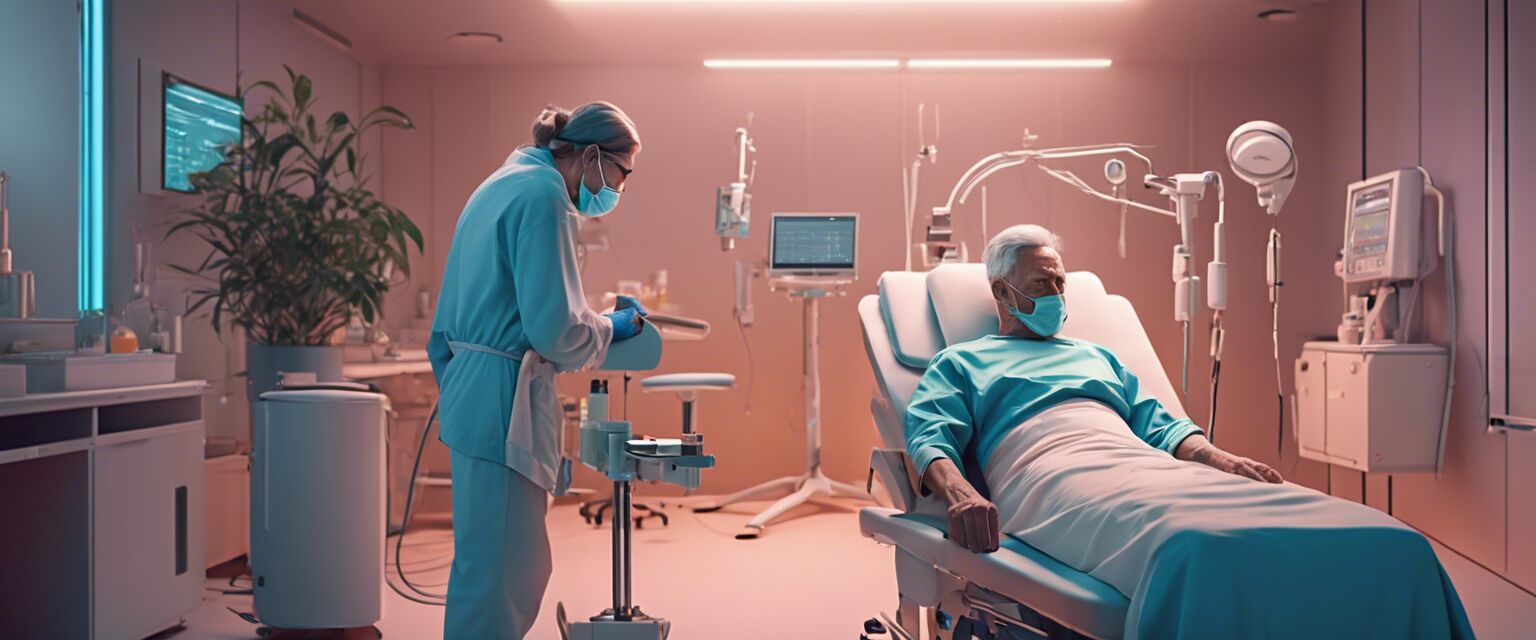
Pros of Living with Diverticulitis
- Increased awareness of digestive health
- Opportunity to make healthy lifestyle changes
- Access to various treatment options
Cons of Living with Diverticulitis
- Chronic symptoms and discomfort
- Impact on daily life and social activities
- Risk of complications and hospitalization
Resources
For more information on diverticulitis and its management, check out our resources:
- Educational Resources
- Digestive Health Supplements
- Hydration Solutions
- Stress Management Tools
- Specialized Diet Plans

